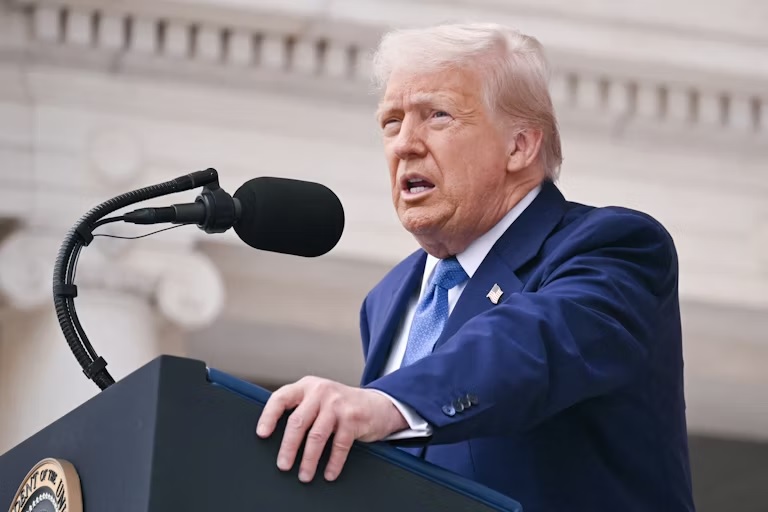Late on Tuesday, May 28, 2025, the White House requested that the U.S. Supreme Court block a court order that allows individuals to contest their deportation from the United States to South Sudan.
This appeal came just hours after District Judge Brian Murphy accused the administration of deliberately creating confusion and expressed hope that reason would prevail over political rhetoric, The Guardian reports.
The case centers on a deportation flight to South Sudan.
It included individuals from other countries, who, according to the Trump administration, had criminal convictions in the U.S.
Judge Murphy found that the administration violated a prior court order by placing these individuals on the flight.
This reportedly happened without providing them a meaningful opportunity to raise concerns about potential dangers they might face if deported.
In a 17-page ruling, Murphy sharply criticized the administration.
He wrote that its actions appeared to deliberately invite confusion to avoid compliance with court directives.
The federal government responded by claiming that Murphy’s ruling was impeding efforts to deport individuals who could not be sent to their native countries.
In an emergency appeal, U.S. Solicitor General John Sauer argued that the court’s decision hindered delicate diplomatic negotiations.
The negotiations were to find alternate countries willing to accept these deportees.
He asserted that the court’s requirements were significantly disrupting this process.
Judge Murphy, who presides in Massachusetts, emphasized that he had previously given the Trump administration considerable leeway with minimal judicial interference.
In his Monday night order, he pointed out that he had made repeated attempts to cooperate with the administration.
However, according to him, efforts were largely disregarded.
This dispute is one of several recent legal battles in which federal judges have strongly criticized the Trump administration’s immigration policies.
In response, the administration has frequently accused judges of obstructing the will of the American electorate.
The allegation signalled a sharp departure from traditional views on the judiciary’s role in interpreting and enforcing the law.
During a recent court hearing addressing the status of eight men reportedly sent to South Sudan, Judge Murphy noted that these individuals had not been given the chance to argue that returning there would place them in danger.
Instead of ordering their immediate return to the U.S. for legal proceedings, Murphy proposed that the government conduct hearings in Djibouti.
Djibouti was the flight’s stopover, so long as the men remained in U.S. custody.
However, the administration did not disclose the men’s exact location or legal status at the time.
Shortly thereafter, the administration filed another motion, objecting to Murphy’s suggestion.
It claimed that it required them to detain “dangerous criminals in a sensitive location.”
Murphy countered that this arrangement had originated from the government itself.
He also criticized their failure to foresee the complications of conducting immigration proceedings overseas.
“It turns out that having immigration proceedings on another continent is harder and more logistically cumbersome than defendants anticipated,” he noted.
The government further defended its actions by arguing that the men had previously interacted with the U.S. immigration system.
It said it gave the system earlier opportunities to voice concerns about deportation to third countries.
The administration also stated that the men’s home countries, including Cuba, Laos, Mexico, Myanmar, and Vietnam, refused to accept their return.
Increasingly, the Trump administration has relied on third countries to accept individuals who cannot be returned to their countries of origin.
This is due to various diplomatic and humanitarian reasons.
Some nations refuse to accept deported citizens outright, while others agree to take back only select individuals.
In cases where deportees risk torture or persecution in their home countries, U.S. law prohibits their forced return.
Traditionally, this has meant releasing such individuals into the U.S., even if officials sought to deport them.
However, the Trump administration adopted a more aggressive strategy.
It secured agreements with countries like Panama and El Salvador to accept individuals turned away by their homelands.
This broader approach to immigration enforcement continues to draw legal challenges and intense judicial scrutiny.







